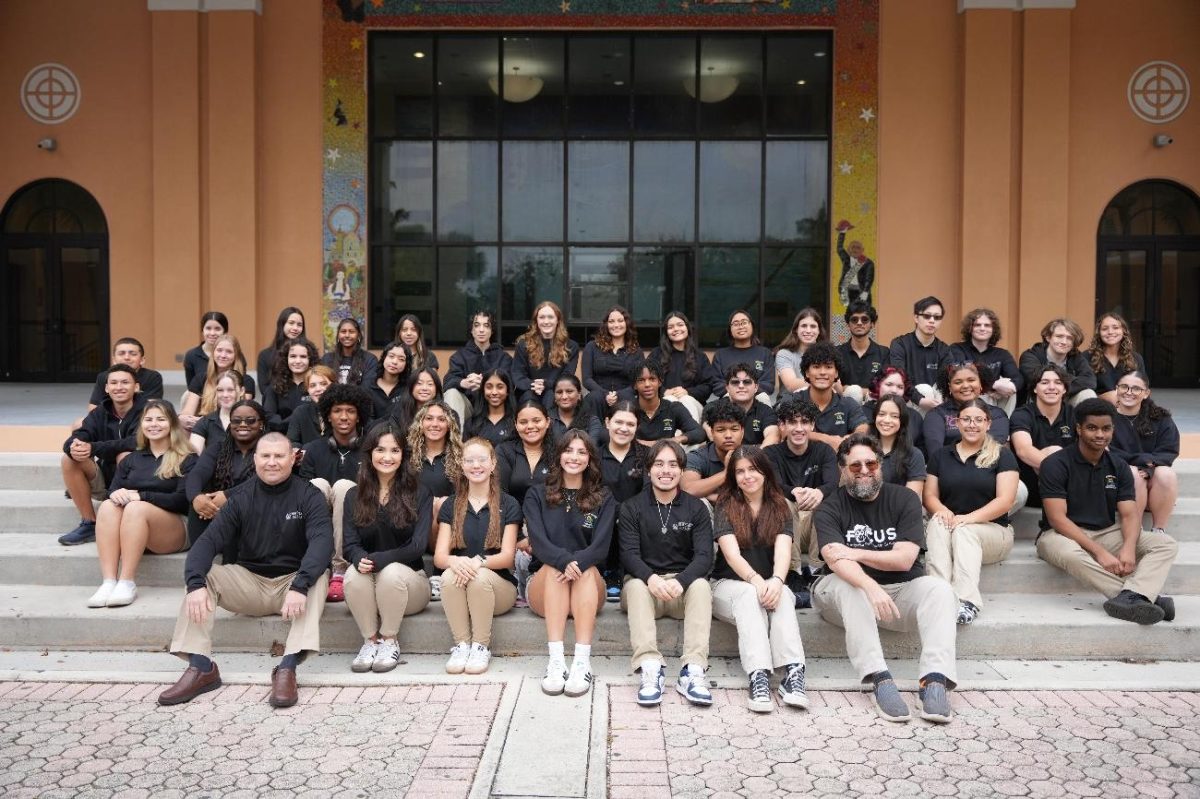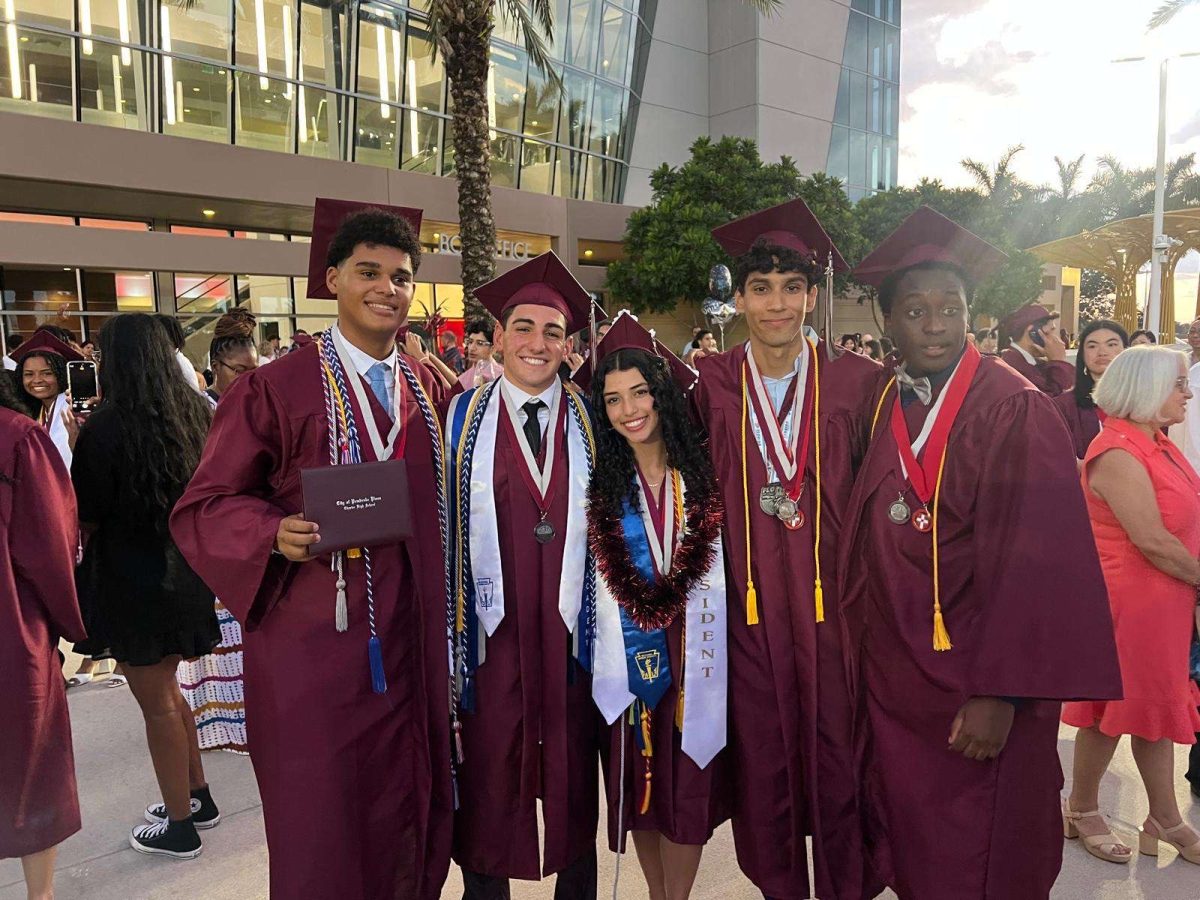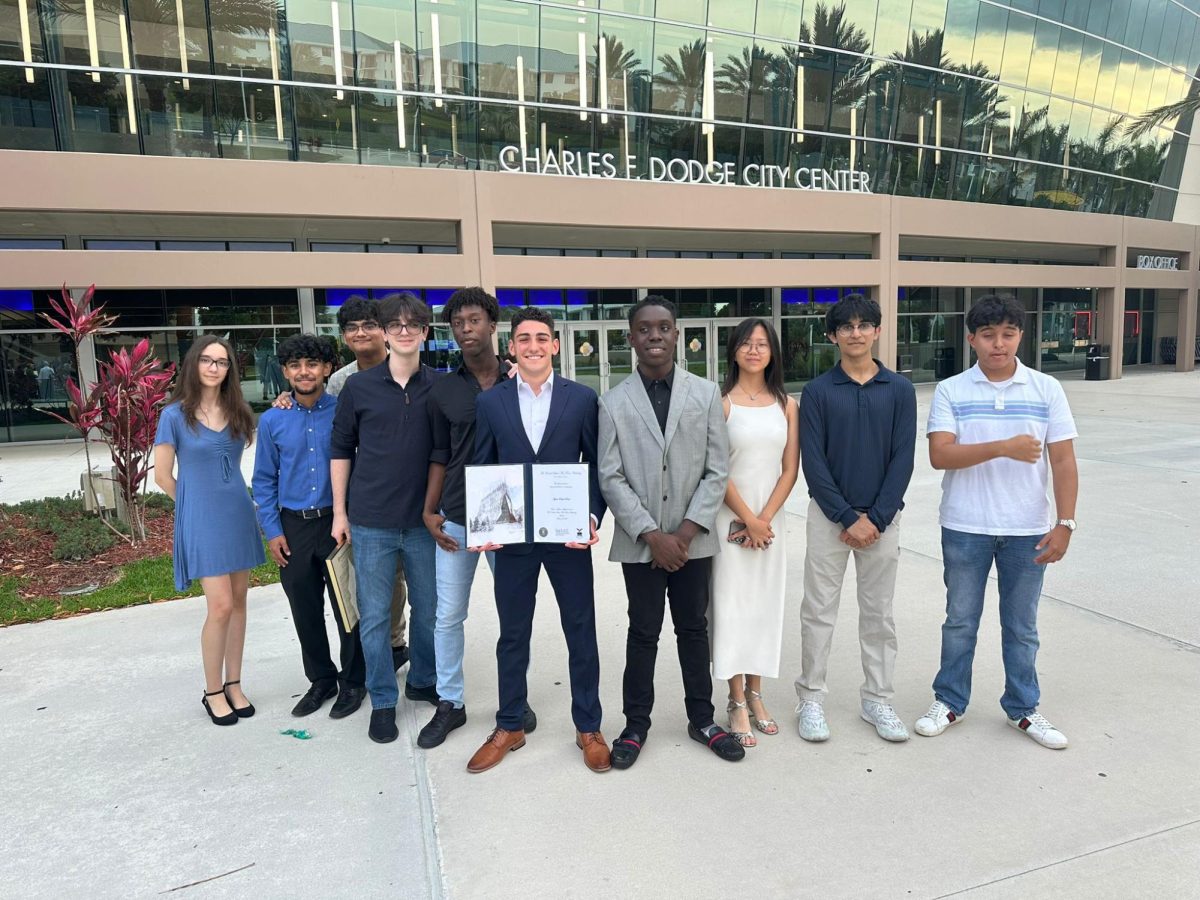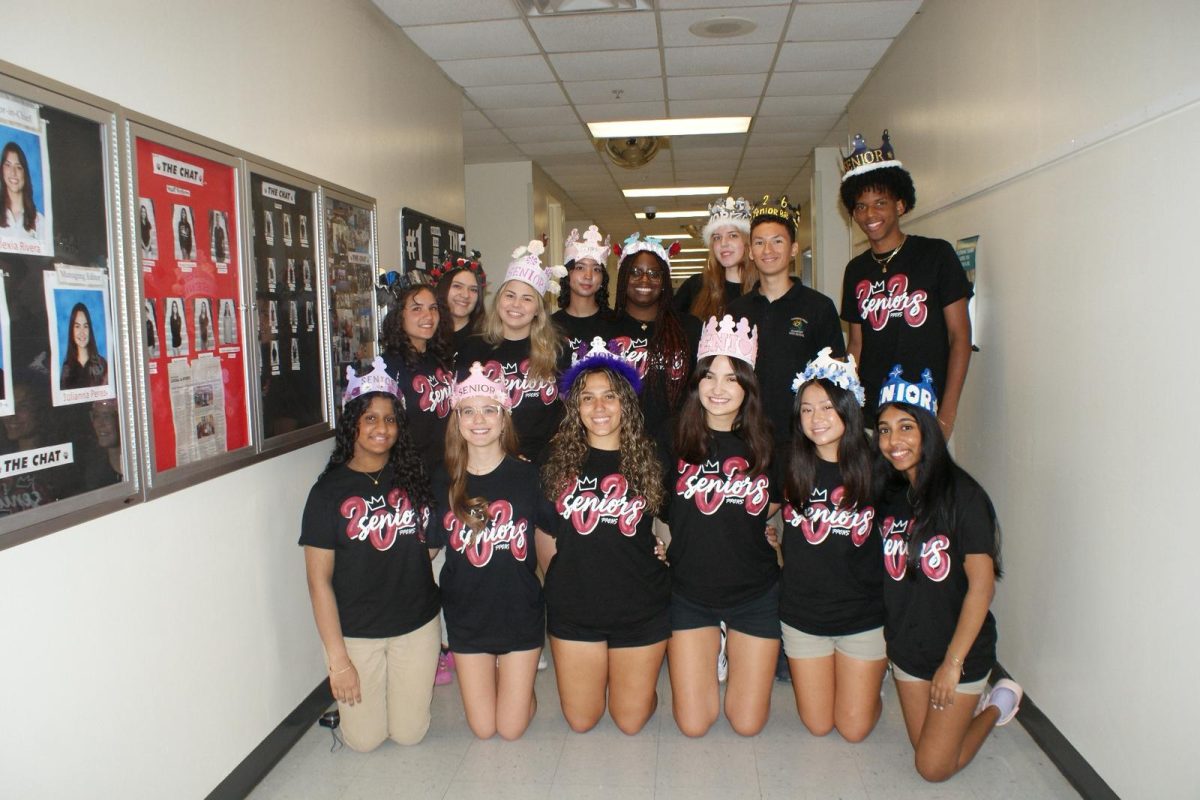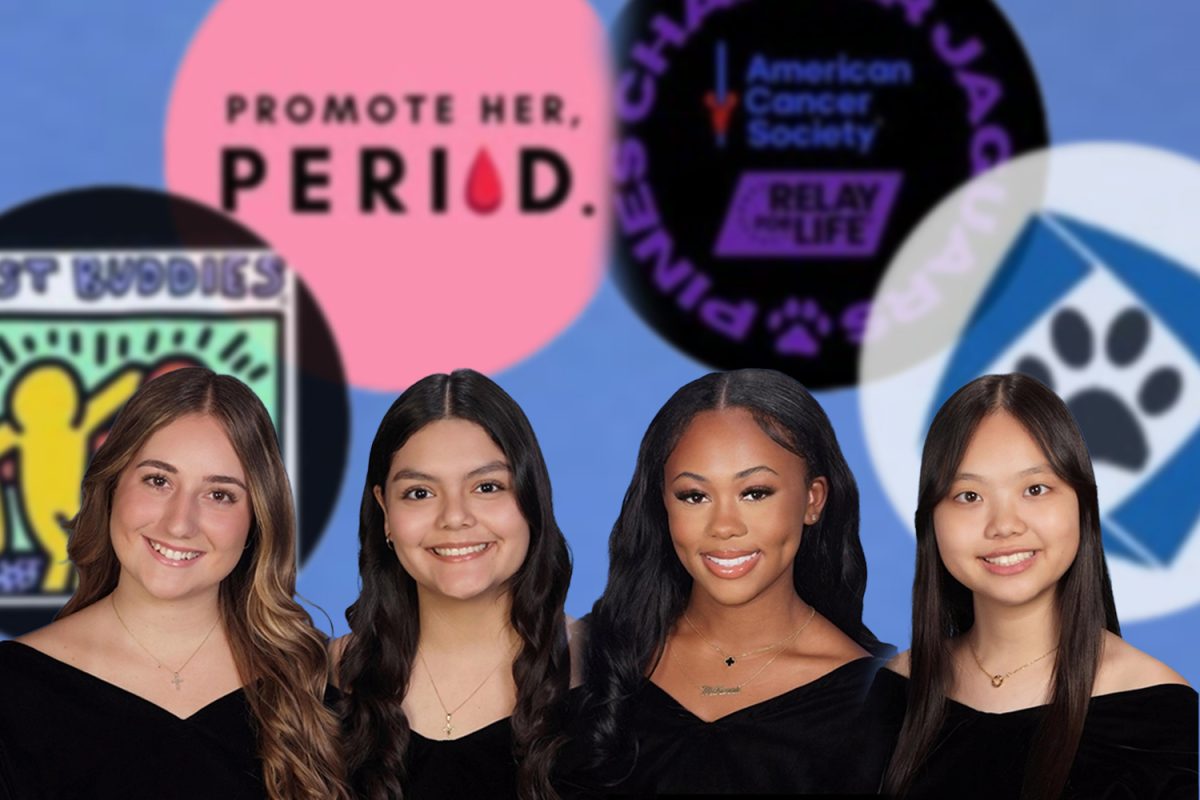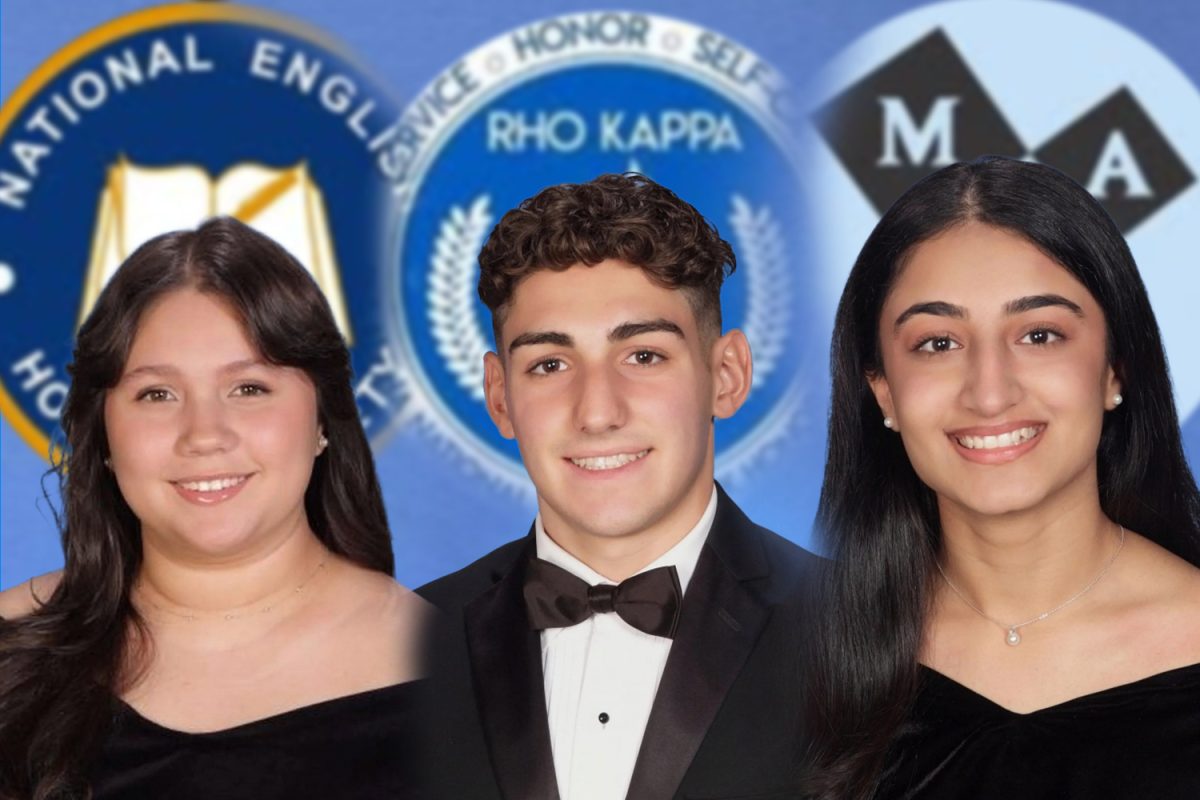I remember the instant connection I felt when I came across the Israeli rap genre. Through the artists who share my heritage, and the unique way they express that culture, I found a profound sense of belonging and pride. The combination between the millennia-old, yet timeless phonetics of Hebrew and rhythmic speech present in all raps played games with my mind.
Ultimately, it was a beautiful blend of melodies and rhythms that resonated deeply with me. As a Jewish person, I have always known about the traditional songs (the ones we sing during holidays), but this discovery of a totally different, yet familiar genre brought a deep sense of joy.
Music has played a big part in amplifying Jewish culture over the years, giving a platform to popular Jewish artists like Matisyahu, (known for his unique mix of reggae and Jewish styles), and Neshama Carlebach, who carries on her father’s legacy with modern variations of traditional songs. The art form offers the world a peek into a culture that is often misunderstood, underrepresented, and forgotten.
I have always appreciated my Jewish heritage, and that appreciation was ensured from the teachings of my parents. They remind me to never undermine my heritage or beliefs. Sure, we don’t follow every tradition, but we observe Shabbat most weeks, celebrate Jewish holidays with traditional songs and prayers, and I even serve as the co-president of my temple’s youth group.
However, I can’t talk about Jewish music without diving into the most important aspect of leading a Jewish life: fostering a community. Whether it’s singing “Dayenu” at Passover gatherings or attending concerts by Jewish and non-Jewish artists alike, music brings us together in a unique way. Traditional music, referred to as Klezmer, has recently gained popularity and showcases the diversity of Jewish music. In my opinion, Hebrew is unique in its ability to switch from religious prayer to the rhyme of rap, back to traditional folk in a way that no other language can replicate.
Through music, I have fostered a community of Israeli rap fans among my friends. I’ve also fostered a connection to the western music scene of my community. Growing up in a diverse, beautiful district in South Florida, where the majority of my friends are from different cultures, connecting to things on a personal level can be hard at times.
During quarantine, one of my non-Jewish friends recommended an artist named Tuna, an Israeli rapper, who quickly became one of my favorites. As I began sharing my taste in music with friends of different cultures, I realized that I had manifested the famous quote, “Music is the universal language of mankind.” My peers at Pembroke Pines Charter High School were initially unfamiliar with Jewish culture, but after being pestered to listen week after week, they began to appreciate both my determination and Israeli rap.
By sharing my love for Israeli rap, I have been able to connect with other youth who share similar interests in their culture’s music. We have bonded over our favorite artists and songs, fostering a sense of community and belonging regardless of culture. Through these musical connections, I felt more comfortable and confident in my Jewish identity. By writing this story, I hope to encourage others to embrace their heritage and emphasize the importance of understanding both one’s traditions and current culture.


